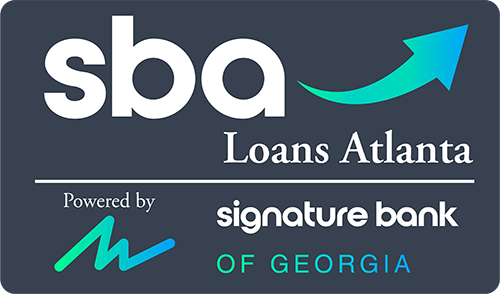There are 31.7 million small businesses in the US.
If you’re a small business owner, you know all about the advantages afforded to you, including flexibility and the ability to call your own shots. You also know about the stress, time commitment, and risk involved in making your dreams come true.
Many entrepreneurs are looking for an online bank account for business that will make keeping track of income and expenses easy. Yet how can you go about opening your own business account?
Let’s take a look.
Why Do You Need an Online Bank Account For Business?
If your business is growing, it’s critical to separate your personal and business finances for a number of reasons. If there is a lawsuit against your business, you can protect your personal assets by keeping all of your business’ income separate.
In addition, your business account can allow you to keep track of those expenses that you can write off as tax deductions. For example, maybe you’re taking clients out to dinner or buying computers for your office. You can take advantage of all that the tax code has to offer you.
In addition, a separate account can help you to build credit for your business and take advantage of higher-level services for companies. These include point of sale (POS) systems and data analytics.
If you choose to do your banking online, you can access your company’s financial information from anywhere at any time. You’ll also enjoy things like seamless syncing, improved security, and better organization.
If you have your own enterprise, you aren’t going to want to miss out on all of the advantages that online banking can provide. And the steps to open an account are not nearly as complicated as you might think.
Register Your Business
Before you can open a business online bank account, you’ll need to have an Employer Identification Number (EIN,) along with some other required paperwork. This will require you to register your business ahead of time.
Experts in other industries or your lawyer can help you to figure out the best way to register. You may, for example, want to become a Limited Liability Company (LLC.) This can afford you liability protection, tax flexibility, and an easy startup process.
You may also choose to register as a Sole Proprietorship, which will give you complete control of your business. This is a simple form of business ownership that will allow you more straightforward banking.
Of course, if you’re going into business with someone else, you can choose to form a Limited Partnership (LP.) These can provide you with flexibility in moving profits and losses between partners, as well as certain tax advantages.
Once you have registered your business, you’ll be provided with an EIN number, as well as documents such as your business’ articles of organization. This will allow you to open an account in your business’ name.
Find the Right Bank
It’s important to do a little research before choosing a bank for your business account. For starters, you’ll want one that’s within close proximity to your home or office so doing business won’t be an inconvenience.
Some banks may provide an introductory offer for businesses, such as a cash bonus if you maintain a certain minimum balance. Others may offer you a lower fee if you’re opening a new account.
You’ll also want to find out what the maintenance fees are for a business checking account at various banks. Some banks may waive them if you keep a certain amount of money in the account. You may also be charged if you withdraw funds from ATMs at other institutions.
If you’re planning on seeing your business grow a lot over the next few years, you’ll also want to ask your bank what other services they have available for companies. For example, some may offer mobile apps or business credit cards. These can make it even easier to keep track of your account.
It won’t hurt to ask other small business owners where they set up their accounts and why. They can probably direct you toward an institution that can make keeping track of your company’s financials quite easy.
Open Your Account
Once you’ve chosen a bank, you can go to their website and choose which business account you want to open. Remember that a checking account should be simple to use from wherever you are. A business account, while less accessible, will be able to provide you with high interest over time.
Your bank will probably require an initial deposit, so you’ll need to have enough cash on hand to open the account. You’ll also need to fill out some personal information and confirm your identity.
Some of the info your online bank may ask you for includes your EIN, Social Security Number, and business type. You may also be asked for your annual revenue, home address, and phone number.
Next, you’ll need to sign electronically and give the bank permission to check your credit. Once you’ve been approved, your bank will send you an agreement that you can review. Finally, you can accept the offer and look forward to using your new business account!
Get Started Banking
If you’re an entrepreneur, you’ve probably heard about the importance of opening an online bank account for business. With the right bank and the right account, you could have a solid financial system in place in no time. Signature Bank specializes in services especially helpful to entrepreneurs and small businesses.
For more information on online business finance, contact us today.

